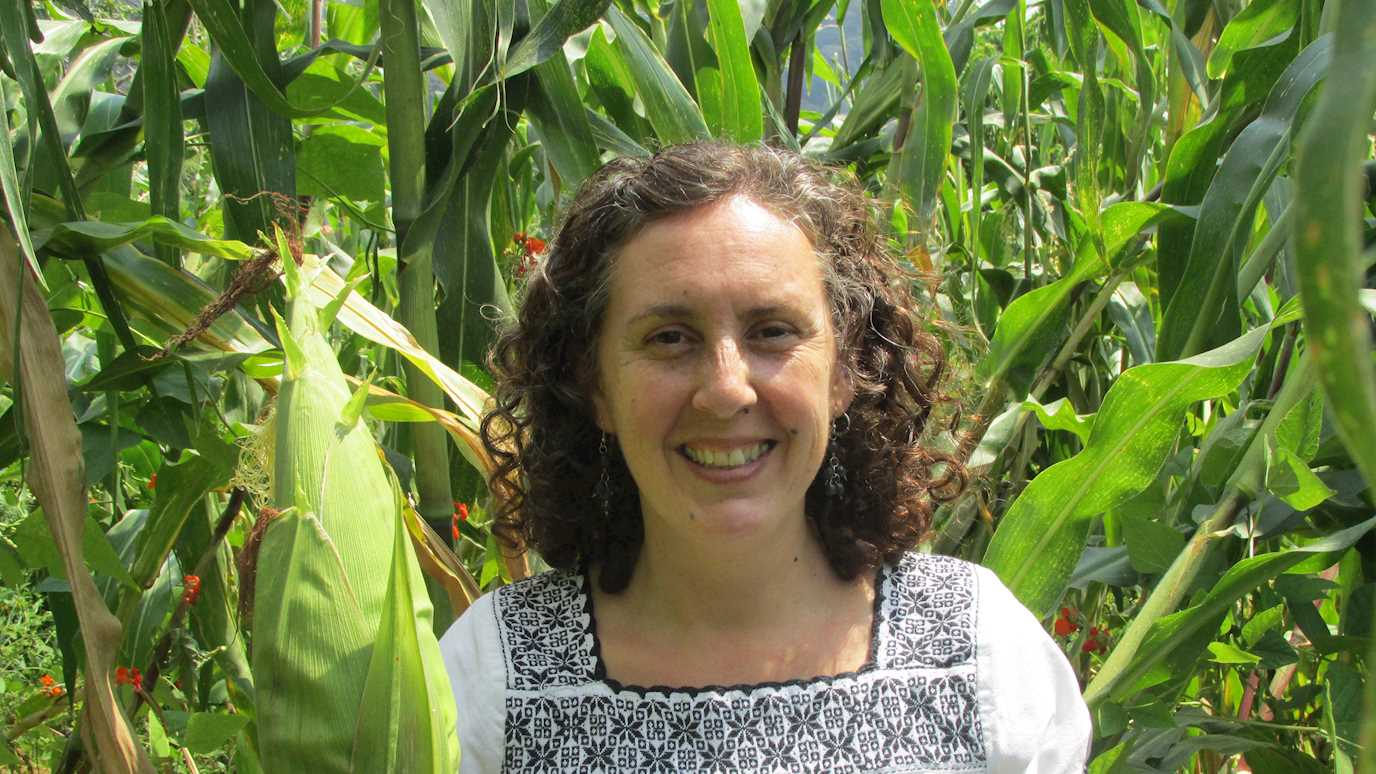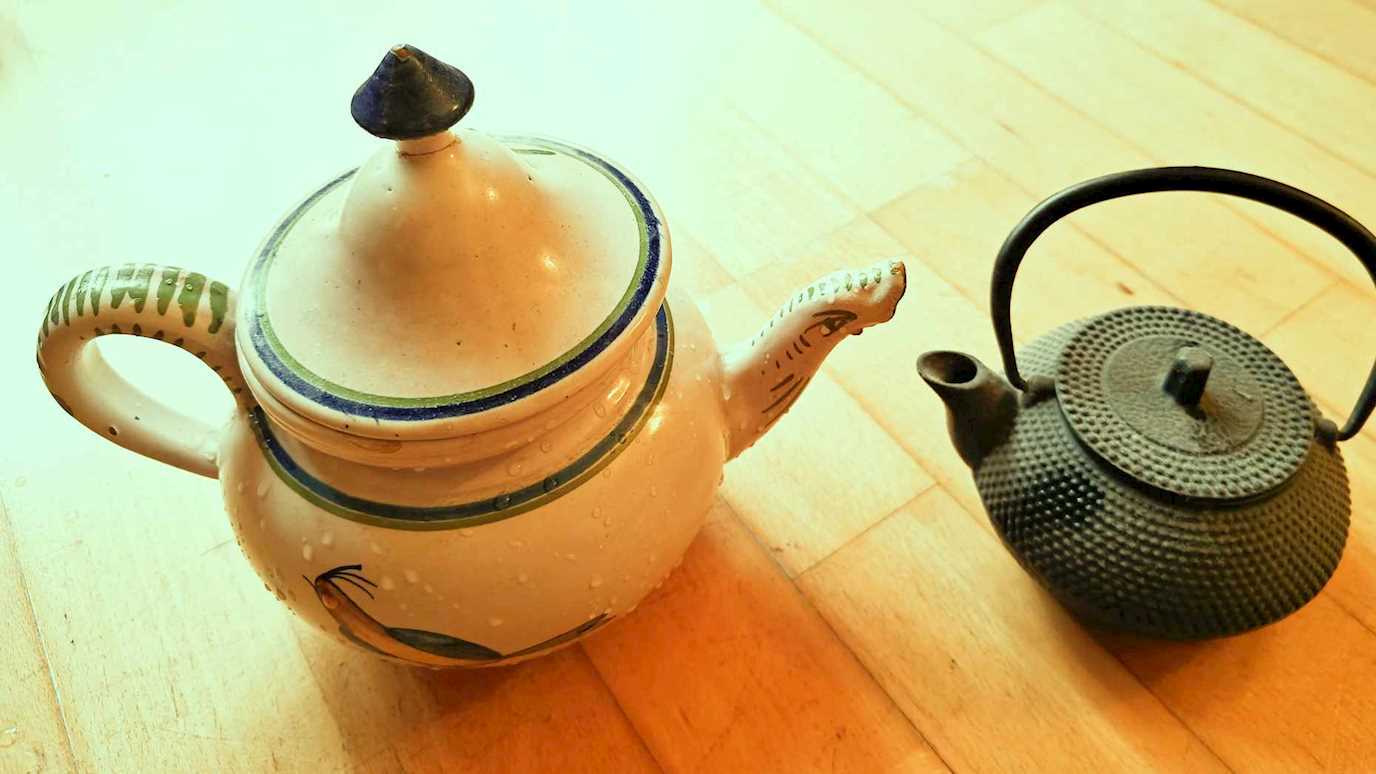Music Research Seminar: Georgina Flores (National Autonomous University of Mexico)
Event abstract
Pirekuas, social life and nature: Enduring relations in safeguarding the songs of the P’urhépecha as Intangible Cultural Heritage of Humanity (Mexico)
The pirekua, the traditional song of the Indigenous P’urhépecha of Michoacan State in southern central Mexico, was included in the Representative List of Intangible Cultural Heritage of the UNESCO in November 2010. This action generated conflict between P’urhépecha singers (pirericha) and musicians, on the one hand, and government institutions on the other. The conflict may be traced mainly to the lack of free, prior and informed consultation with the P’urhépecha communities and the role of Michoacan’s Tourism Secretary Office in elaborating of the nomination file, given their interest in promoting the region as a tourist destination.
It is notable that none of the various Safeguarding Actions included in the nomination file considered the relationship between the singers, community life and their natural environment.
This seminar examines the institutional actions and the social meanings of pirekuas and the traditional music of the P’urhépecha through their (re)creation and use in their social life in relation with nature.
Firstly, it will be analysed and reflected on how the safeguarding of traditional P’urhépecha music and song has been carried out in Mexico. This analysis will be done adopting the concepts of an authorized discourse of heritage (Smith, 2006) and a hegemonic model of music (Camacho, 2010). In the second part, the geographic and the demographic information of the P’urhépecha will be presented and finally a sociomusical description of the traditional P’urhépecha music and more specific of the pirekua will be discussed: rhythms, instruments, contexts, included a brief description of the singers and their community contexts.
Different musical and audiovisual examples are going to be used to show the interaction between this lyrical and musical practice, the social life and nature.
About Georgina Flores
Georgina Flores is researcher with the Institute for Social Research at the National Autonomous University of Mexico (UNAM). She holds a PhD in Social Psychology from the University of Barcelona. She teaches in the postgraduate programmes of Political and Social Sciences and Music in the same university. She has carried out research projects related to identity construction and musical traditions in indigenous and rural communities in Mexico. Her research interests include critical studies of heritage, the construction of cultural identities through music and citizen participation in cultural policies. She has published books, book chapters and journal articles on these subjects, as well as coordinating recordings of traditional music and dances in Mexico.
She has published the following books: Un futuro para la pirekua. Políticas patrimoniales, música tradicional e identidad p’urhépecha (2020) (A future for the pirekua. Heritage policies, traditional music and P’urhépecha identity); La pirekua como patrimonio cultural inmaterial de la humanidad (2017) (The pirekua as intangible cultural heritage of humanity); Identidades de viento. Música tradicional, identidad p’urhépecha y bandas de viento (Identities of wind. Traditional music, P’urhépecha identity and wind brass bands) (2009) and in collaboration with Fernando Nava has coordinated the book Identidades en venta. Música tradicional y turismo en México (2016) (Identities for sale. Traditional music and tourism in Mexico). She has also coordinated the book Bandas de viento en México (Brass bands in Mexico) (2014) and in collaboration with Araceli Martínez, published the book Músicos y campesinos. Memoria colectiva de la música y las bandas de viento de Totolapan, Morelos (Musicians and peasants. Collective memory of the music and brass bands of Totolapan, Morelos) (2013).

Further information
No booking required.
Tickets
Free admission to all.























